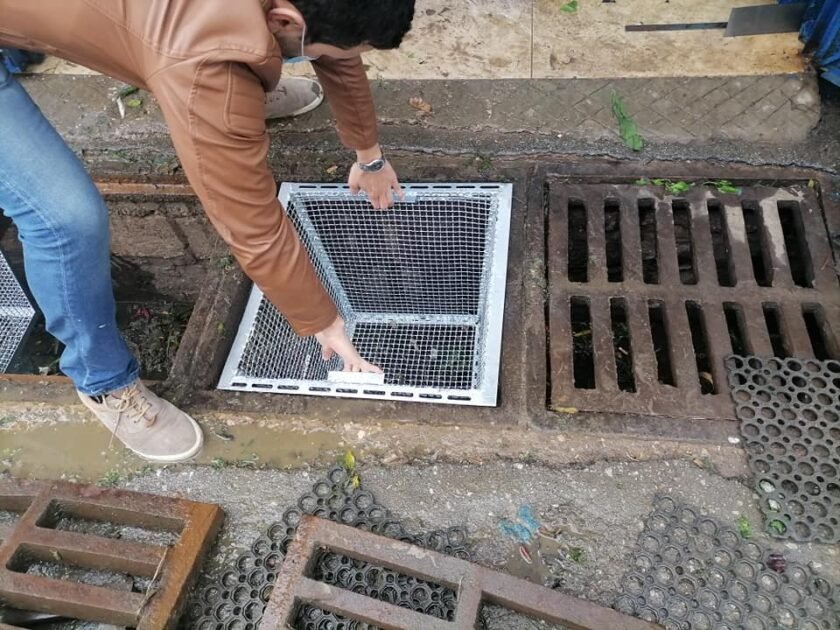Photo: © Académie internationale de la Bonne Gouvernance (AIBG) – École Nationale D’Administration de Tunis (ENA- Tunis)
Building on its continued support for Tunisia’s efforts to strengthen food safety and food control, FAO led a Training Session on Food Safety Governance last week. The training aimed at building capacity among future decision-makers, equipping them with the tools and knowledge to address food safety challenges, both locally and internationally effectively, the Food and Agriculture Organization of the United Nations ‘(FAO) reported.
The training was part of the program of the 9th session of the International Academy of Good Governance designed and implemented under the tripartite collaborative effort between the Tunis National School of Administration (École Nationale d’Administration de Tunis), the Ministry of Health of Tunisia, and the German Federal Institute for Risk Assessment (BfR). At the request of the BfR, FAO provided technical support to implement a focused workshop on “governance, leadership, and food safety,” designed to strengthen the skills of Tunisian leaders involved in the country’s food control system. Request for collaboration comes under the framework of a Tunisia/Germany 5-year project, “Strengthening food safety and consumer protection in Tunisa,” conducted by the German Federal Institute for Risk Assessment (BfR) and the German Office for Consumer Protection and Food Safety (BVL), the same source said.
Over two days, participants gathered at the National School of Administration in Tunis, to explore critical topics such as the relationship between food safety and international trade, global food safety governance systems, and the tools needed to address food control challenges on both national and international levels. The training combined presentations with group exercises, providing an interactive approach to deepen participants’ understanding of food safety.
Participants expressed strong enthusiasm about the workshop and its focus on aligning Tunisia’s food control practices with international standards, particularly those outlined by the Codex Alimentarius. “This module has allowed us to better understand international instruments, particularly the Codex guidelines applicable to national food control systems, with the aim of continuous improvement,” said Dr. Amira Anene, President of the 9th Training Session.
Discussions focused on the results of an evaluation of Tunisia’s national food control system, using the FAO/WHO Food Control System Assessment Tool, conducted with FAO’s support in 2019. Participants in last week’s workshop examined the strategic action plan stemming from the 2019 evaluation and took stock of the progress made. They identified areas of the food control system that needed further support. This will feed into a transformational project, to be developed by the end of the learning programme, based also on the newly acquired knowledge and skills from the workshop, FAO added.
As Tunisia continues to enhance its food safety infrastructure, this FAO-led training session represents a step forward in preparing the next generation of leaders to protect public health and ensure the safety of food systems, both now and in the future.
TunisianMonitorOnline (NejiMed)




